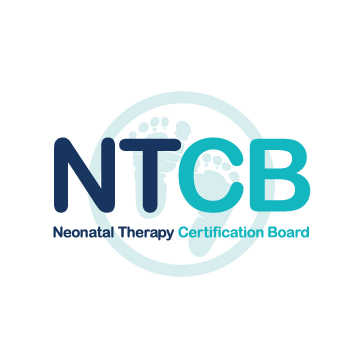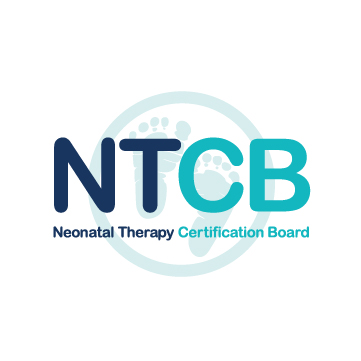
This remains a common concern among the many parents of infants born during the COVID 19 pandemic. Families were faced with the challenge of limited visitation or isolation due to exposure and/or infection (or the fear of such). Some obstetrical units limited visitors at the time of birth, requiring expectant parents to make choices between partners, doulas, extended family members, and other sources of support. The World Health Organization (WHO) reported that in many countries, if COVID-19 infections were confirmed or suspected, newborn babies were routinely separated from their mothers, putting them at higher risk of death and lifelong health complications.
NICUs also had a changing landscape related to parent and visitor presence in the unit. Many NICUs instituted stringent visitation policies. For some, this constituted limiting visitors to one per infant. Other NICUs required parents to remain in the NICU permanently, with an exit then forbidding them from re-entry (a difficult situation for parents with siblings at home). Still other NICUs did not allow parents in the NICU at all.
One of the core tenets of neonatal therapy is family centered care. This approach identifies parents as central to the care environment and enables them to maintain control as an important contributor to the health and well-being of their infant. Family centered care embraces the knowledge that infants thrive in the presence of their parents, and the parental role is critical to optimize both neurodevelopmental and neurobehavioral outcomes. COVID-19 forced medical professionals to make decisions that contradict the basic instinct of supporting parents and infants.
There are some activities that only parents can do and cannot be replaced. Skin-to-skin contact in preterm infants has been shown to reduce infant deaths by as much as 40%, hypothermia by more than 70%, and severe infections by 65%. We know that early skin-to-skin contact calms and relaxes both mother and baby (and reduces cortisol), regulates the baby’s physiology including heart rate and breathing, stimulates digestion, aids in temperature regulation, enables colonization of the baby’s skin with the mother’s friendly bacteria (providing protection against infection), and stimulates the release of hormones to support breastfeeding. Further, the literature on the importance of breastfeeding high-risk infants is significant! Parent engagement in infant clinical care also reduces parental anxiety and depression. However, the WHO identified that two-thirds of health workers in sixty-two countries reported they did not allow mothers with confirmed or suspected COVID-19 to practice routine skin-to-skin contact, while nearly one-quarter did not allow breastfeeding, even by uninfected caregivers.
On March 19th, 2020, the Cybersecurity & Infrastructure Security Agency (CISA) of the US Department of Homeland Security issued a memorandum and associated guidance designating physical therapists, occupational therapists, and speech-language pathologists as “essential critical infrastructure workers.” While nonessential employees were permitted to work from home, neonatal therapists remained in the NICU as essential to the delivery of care to high-risk infants.
Neonatal therapists have been caught between the tension of the protection of infants and caregivers from infection through restricted visitation and the knowledge of the importance of family centered care. This has positioned neonatal therapists as ones who aim to mitigate the negative effects of being admitted to the NICU and the potential long-term effects of parental separation. However, neonatal therapists have been creative in their approach during unprecedented times. They have engaged in family training and discharge education using virtual platforms or the telephone. They have devised strategic plans to ensure positive sensory exposures during the absence of family. They have continued to provide therapeutic interventions to optimize outcomes. And, as the world emerges from the pandemic, neonatal therapists will continue to be critical advocates and leaders ensuring a full return to family-centered care practices.
The Neonatal Therapy Certification Board (NTCB) has long recognized the key role that neonatal therapists hold in the optimization of developmental outcomes of high-risk infants. Neonatal Therapy Certification has elevated the profession, and therapists everywhere aim for a new standard of excellence. Having the Certified Neonatal Therapist (CNT) credentials aids other members of the team and hospital administration in understanding the unique knowledge and skill set that enables a heightened level of advocacy that is needed in the current healthcare climate. The NTCB applauds the more than seven hundred CNTs that continue to strive to support and provide better care for fragile infants in the NICU and their families regardless of the obstacles. Additionally, the NTCB celebrates the over 85 CNTs who successfully completed the recertification process earlier this year. The CNTs who re-certified this spring were from the very 1st group of therapists to get certified in 2017!
The Spring application cycle to become a Certified Neonatal Therapist is open from March 15th to May 15th. For more information:
Certification Requirements | NTCB (neonataltherapycertification.com)

